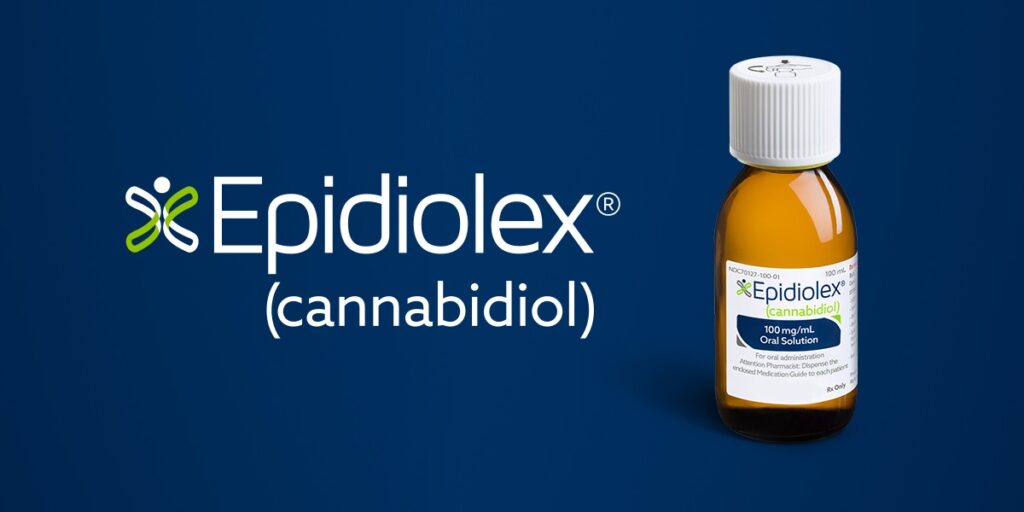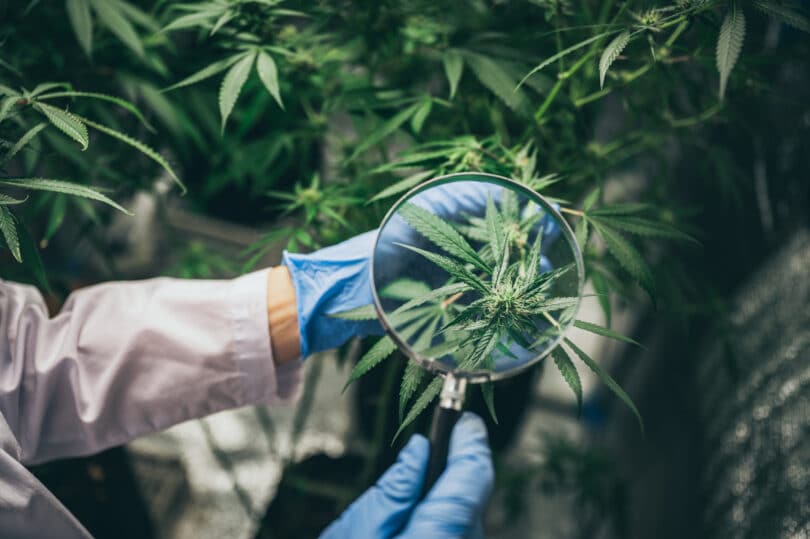Legislators are frequently quoted saying that they are hesitant to approve more relaxed marijuana laws because “there just isn’t enough data” to support claims of its safety. Although we already know that’s not true, as it turns out, there is even more research on cannabis than most people realize.
2023 marks the third consecutive year that researchers worldwide have published over 4,000 scientific papers specific to cannabis, its active compounds, and its benefits/effects. As a matter of fact, over 30,000 studies have been conducted on cannabis in the last decade. And if we look even further back doing keyword searchers on PubMed, you’ll find a total of 45,900 studies on cannabis dating back to 1840.
The data on cannabis research
“Despite claims by some that marijuana has yet to be subject to adequate scientific scrutiny, scientists’ interest in studying cannabis has increased exponentially in recent years, as has our understanding of the plant, its active constituents, their mechanisms of action, and their effects on both the user and upon society,” NORML’s Deputy Director Paul Armentano said. “It is time for politicians and others to stop assessing cannabis through the lens of ‘what we don’t know’ and instead start engaging in evidence-based discussions about marijuana and marijuana reform policies that are indicative of all that we do know.”
The structures and stereochemistry of CBD and Delta 9 THC, the primary compounds found in cannabis, were first noted and isolated in Raphael Mechoulam’s laboratory back in 1963 and 1964, respectively. The following year, in 1965, these compounds were synthesized for the first time. His work has led to the discovery of the endocannabinoid system, which has had profound effects on many important aspects of human health.
While cannabis research stalled for a bit, especially in the United States, there has been a significant uptick in scientific inquiries regarding the effects, benefits, possible risks, and societal impacts of cannabis use. As such, more than 32,000 scientific papers about cannabis and its compounds have been published in the last 10 years (since the beginning of 2013). In total, over 70 percent of all peer-reviewed literature on marijuana were published during that time, and roughly 90 percent of these papers were published since 2002.
Cannabis benefits at glance
Cannabis has an extensive history as a therapeutic plant. As far as we know, the earliest evidence of its use can be traced back about 2000 years to ancient Tibet. Even in the United States, it was available via prescription for about 100 years before the American Medical Association removed it from the U.S. Pharmacopeia. In 1985, the FDA approved a synthetic version of THC which would be marketed as Marinol (or Dronabinol) and prescribed for nausea and vomiting caused by chemotherapy. In 2018, a CBD-based medication for epilepsy received FDA approval as well, Epidiolex. However, besides those two advancements, nothing else has really transpired.

The renewed interest in medical cannabis started almost 30 years ago, when Cannabis and Arizona passed the first ever medical marijuana bills in the nation. Unfortunately, Arizona lawmakers recinded that approval, so California became the first official state to legalize medical cannabis. As of now, 40 states and Washington D.C. have approved cannabis for medical use, and of those, 24 (and D.C.) allow recreational use for adults 21 and older.
Thousands of studies are out there which highlight the many benefits of medical cannabis. According to an assessment conducted by JAMA Network, major reviews have generally concluded there is “evidence for cannabinoid efficacy in the treatment of several conditions: pain in adults, chemotherapy-induced nausea and vomiting, and spasticity associated with multiple sclerosis.”
Based on surveys conducted in Colorado and Oregon, two of the more established markets, the most common conditions for which medical cannabis is used are pain, spasticity associated with multiple sclerosis, nausea, posttraumatic stress disorder, cancer, epilepsy, cachexia, glaucoma, HIV/AIDS, and degenerative neurological conditions. Most physician approvals are for chronic pain (55%), followed by anxiety (23%) and insomnia and/or sleep disorders (6%).
Societal effects of legalization
Despite its federally illegal status, cannabis use is so prevalent in the United States that it’s not even considered rebellious or alternative anymore. Around 50 percent of Americans currently use or have used cannabis products at some point in their lives, and just over 70 percent support legalization. Compare that to 12 percent from a Gallup poll in 1968, and we can see how far the general public has come.
So, everyone is either using cannabis or supports its use, and most of the country has legalized it in one form or another. What kind of effects has this had on our society, if any? Both supporters and critics have made numerous claims about the effects of state-level cannabis legalizations. Advocates state that legalization can reduce crime, raise tax revenue and stimulate the economy, reduce criminal justice spending, improve public health and safety, and lower rates of addiction and suicide. On the other hand, critics argue that legalization can increase use of other substances, increase crime, reduce traffic safety, is a burden on public health, and can negatively impact adolescent education initiatives.
So which is true? Some of the claims made by both sides have been found to be wildly overstated, but it seems that statements from critics are most often entirely lacking any type of data to back up the claims. For example, most studies conclude that legalization has really had minimal effects on society, which makes sense considering the fact that people have been smoking weed for decades.

Regardless, a growing body of research exists that shows positive effects from cannabis legalization. Previous studies have found links between legalization of lower rates of suicide, particularly in young adult males. There was also a correlation between legal marijuana and less crime, because legal markets can divert underground sales and production (although that doesn’t work so well when states make it near impossible for legal businesses to operate above board). Addiction rates (particularly for tobacco and alcohol) are also consistently lower in states with legal marijuana as opposed to those without.
Final thoughts on cannabis research
So, the government has known for a long time that cannabis has medical benefits, but they choose not to acknowledge the 32,000+ studies available at their disposal when implementing new laws and instead just hit us with the “we don’t know enough about the plant” line over and over again. It’s honestly, nothing less than infuriating. But the only silver lining here is that with the evidence laid out like this, it gets increasingly difficult for the powers that be to play us like idiots with their lies. As it turns out, there is enough cannabis research to warrant legalization, something most of us have always known.
Hello readers. We’re happy to have you with us at Cannadelics.com; a news source here to bring you the best in independent reporting for the growing cannabis and hallucinogen fields. Join us frequently to stay on top of everything, and subscribe to our Cannadelics Weekly Newsletter, for updates straight to your email. Check out some awesome promos for cannabis buds, smoking devices and equipment like vapes, edibles, cannabinoid compounds, amanita mushroom products, and a whole bunch more. Let’s all get stoned together!









